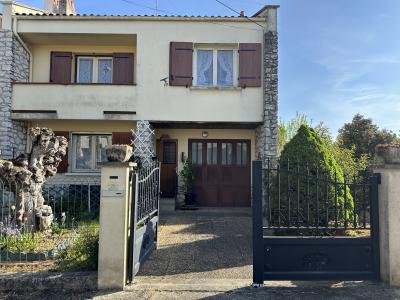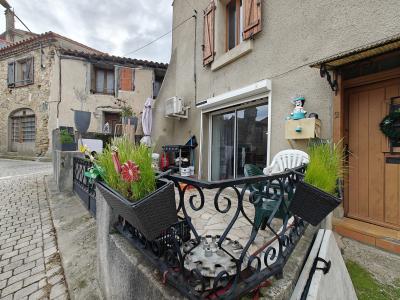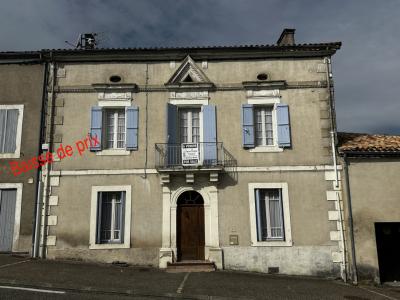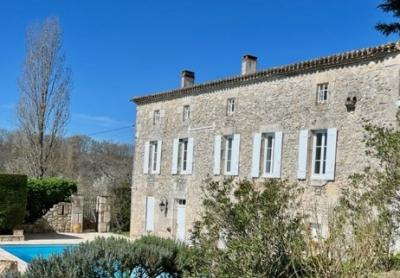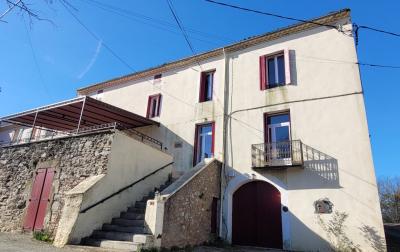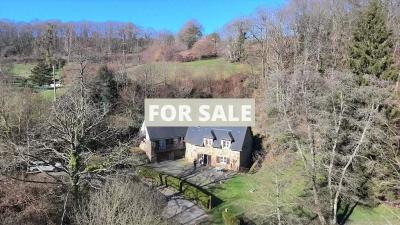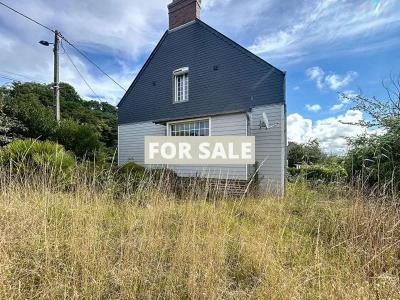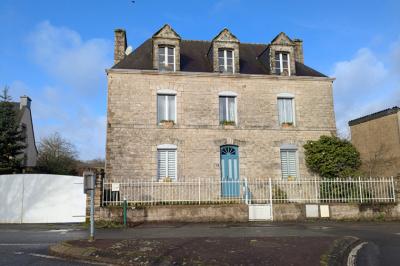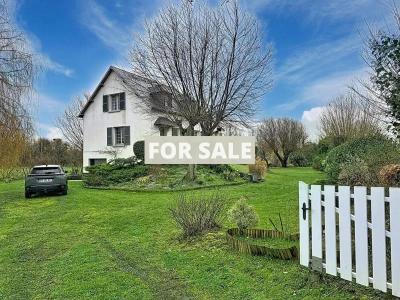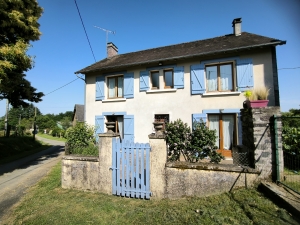French property: the social charges 15.5% on incomes and capital gains coming to an end for non-French residents?
Since 2012, non-French residents selling their French properties have to pay 15.5% on gains generated in addition to the capital gains tax of 19%. These social charges were also taxed on rents perceived from the French property.
This tax addition was highly criticised by the non-French residents as being discriminatory. Many concerned people were questioning the reasons as to why they should pay social charges in France despite not living there and not perceiving any French social benefits from it.
A recent case is being heard at the European Court of Justice regarding the taxation of French social charges on non-French residents. On the 21st October 2014, the Advocate General has given his opinion that the French tax law (“article 29 de la loi de finances rectificative pour 2012”) was against the European Regulation no 1408/71 whose purpose is to ensure the freedom of workers within EU.

It is likely that the European court will rule that France’s law imposing social charges on non-French resident is illegal. As a consequence, the French government will have to amend his tax law in accordance with the European court ruling.
Can non-French residents who paid social charges make a claim?
Yes they can! There is however a time limit.
According to French tax procedural rules, the time for claiming taxes runs from one calendar year from the end of the year the taxes were paid.
Any non-French resident who sold his property in 2013 should take urgent advice and issue a claim to the French Tax Revenue before 31st December 2014. For those who sold during 2014, they should also act very quickly as the European Court decision is expected imminently and will not have a retroactive effect.
Francophile legal Consulting can assist you with international property matters. For more information on this topic, please do not hesitate to contact Loic Raboteau, managing director by completing the form below.
The information that you give and that we obtain through you using this website may be used by this Company and by our partner companies only for purposes in connection with your use of this website and for marketing activities of this Company and partner companies. By using this site you confirm your consent to this. If you do not want to receive any marketing information from this Company and/or our partner companies then please notify us.
A little more about FRANCOphile Legal Consulting Ltd.
The company was created in response to the need of legal experts for international private clients and businesses. People are no longer confined within their own country boundaries to work, create a business or purchase assets. National, international laws and new technology have enabled people and businesses to move and expand internationally, creating a demand to resolve cross-border issues.
We are a London-based legal consultancy company dedicated to addressing our clients’ international needs. Whether you are a private individual moving or investing in a foreign country, an entrepreneur, or a business willing to expand internationally, FRANCOphile Legal Consulting Ltd will cater your specific requirements and will look after your interests in the short and long term.
Benefiting from an extensive network of international lawyers, solicitors, accountants and financial advisors based in London and in several jurisdictions, FRANCOphile Legal Consulting Ltd is able to handle your interests in different countries around the world.
Our approach and solutions are tailored to our clients’ needs. We believe that our clients are unique and warrant distinctive service.
Our international coverage includes France, London, Tunisia, Morocco, Egypt and Mauritius. If you would like to know more about us then fill out the contact form above and we will be right back to you.


